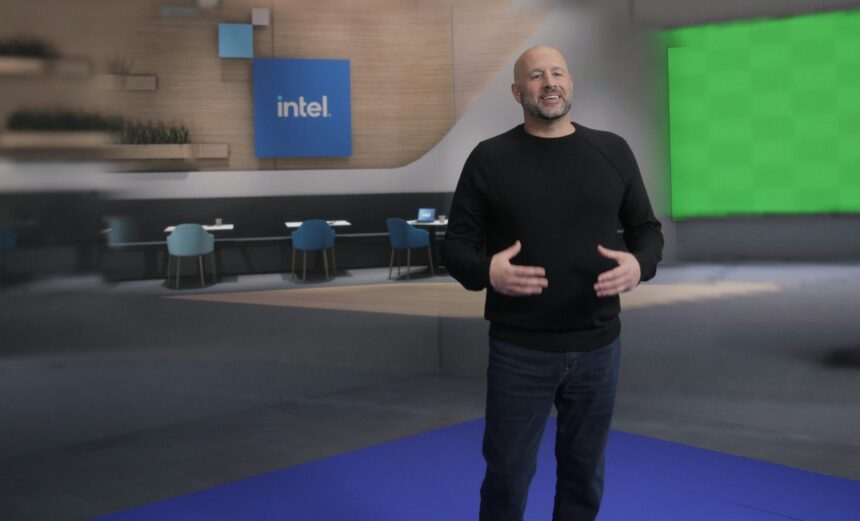Qualcomm has reportedly made an offer to acquire Intel in a potential game-changing move for the semiconductor industry, according to The Wall Street Journal. This rumored acquisition has sparked significant excitement, as it could end the long-standing rivalry between ARM and x86 architectures.
If the deal goes through, it would merge two major forces in the industry, potentially reshaping the semiconductor design and production landscape. Qualcomm, known for its leadership in ARM-based mobile processors, could gain a stronger foothold in the x86 market dominated by Intel, merging technologies from both architectures. The potential merger could also signal a shift in the competitive dynamics of the global chip market.
Context and background
Founded in 1968, Intel has long been a dominant force in the semiconductor industry, particularly in the market for x86 processors used in most PCs and servers. However, in recent years, Intel has faced several significant challenges, including loss of market share to competitors like AMD and NVIDIA and production delays with its next-generation 18A lithography technology.
Additionally, Intel has had to rely on TSMC to manufacture its Lunar Lake processors instead of using its own Intel Foundry factories. The company has also struggled with voltage issues in its last two PC processor generations and missed out on securing a place in the race for PlayStation 6 processors.
Meanwhile, Qualcomm, best known for its Snapdragon processors used in mobile devices, has been steadily expanding into new markets, including PCs with its ARM architecture. Acquiring Intel could give Qualcomm a strong foothold in the broader semiconductor industry, granting it access to Intel’s key technologies and enabling it to manufacture its own processors in-house. This move would significantly bolster Qualcomm’s competitive position across multiple segments, from mobile to PCs and beyond.
Implications for industry
The potential acquisition of Intel by Qualcomm raises important questions about the future of the semiconductor industry. One significant outcome could be integrating Intel’s x86 technology with Qualcomm’s ARM expertise, which might accelerate innovation in key areas like artificial intelligence (AI) and the Internet of Things (IoT). This synergy could develop more advanced products and solutions across various sectors.
Another potential benefit is the reduction of U.S. dependence on Asian chip manufacturing. Intel has invested heavily in new manufacturing plants in the United States and Europe. Qualcomm could leverage these investments to reduce reliance on TSMC, Taiwan’s dominant chip manufacturer. Qualcomm could produce its chips domestically, enhancing supply chain resilience.
However, there are concerns about the impact on competition. Merging two industry giants could reduce competition, potentially driving up consumer prices and limiting innovation. The deal would also face intense regulatory scrutiny, particularly about antitrust laws. Authorities must carefully evaluate whether the acquisition could lead to market monopolization or unfair competitive practices, making the approval process complex and lengthy.
Ultimately, the acquisition has the potential to reshape the semiconductor landscape, but it must navigate both regulatory hurdles and industry concerns to move forward.
Market reactions
Market reactions to the potential Qualcomm acquisition of Intel have been mixed. Some analysts view the move as a chance to revitalize Intel by leveraging Qualcomm’s innovation and market agility while simultaneously strengthening Qualcomm’s position in the semiconductor industry. They believe this acquisition could foster new opportunities in areas like AI, 5G, and edge computing. However, others are more skeptical, questioning the two companies’ ability to effectively integrate their operations and align their differing cultures and business models.
Since the news surfaced, Intel’s shares have experienced notable volatility, reflecting the potential acquisition’s uncertainty. Investors remain divided over whether the deal would ultimately benefit or burden Intel long-term.
Qualcomm’s bid to acquire Intel could have far-reaching consequences for the semiconductor industry, offering opportunities for growth and innovation and significant challenges regarding competition and regulation. With antitrust scrutiny and integration hurdles looming, the coming months will be critical in determining this ambitious deal’s feasibility and future impact.





